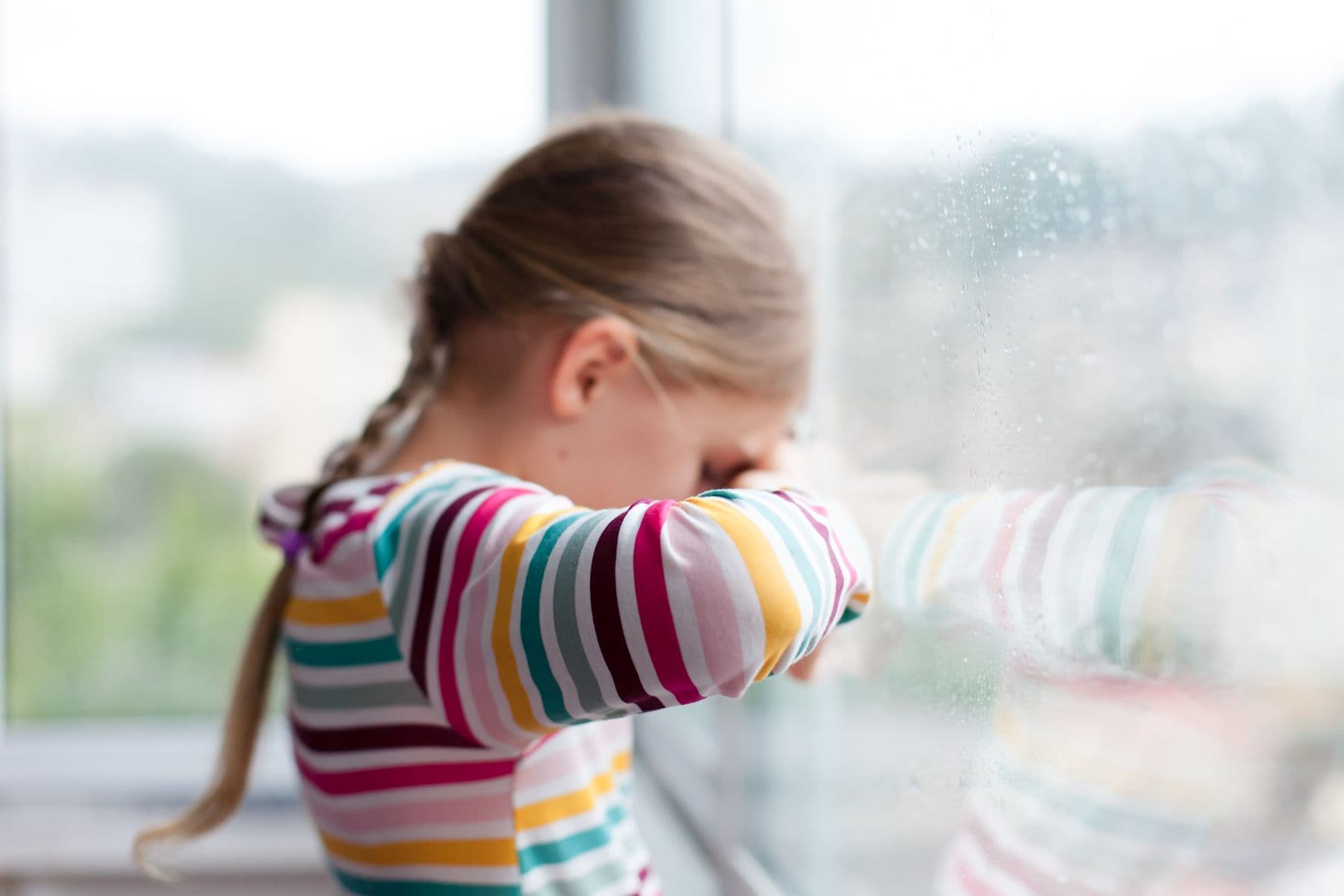Rozłąka podczas wakacji – jak poradzić sobie z tęsknotą dziecka za rodzicem?

Jak sprawić, by wyjazd dziecka na wakacje nie zakończył się nieustannym wydzwanianiem i płaczem w słuchawkę? Nie wszystko da się przewidzieć, nie wszystkiego można uniknąć, ale można spróbować popracować i trzymać się kilku zasad, a szansa na to, że podczas kolejnych wakacji dziecko samo zapyta, dokąd tym razem wyjeżdża znacznie wzrośnie.
Jak przygotować dziecko do wyjazdu?
Rozmowy o wyjeździe warto rozpocząć na długo przed nim, aby nasza pociecha miała możliwość emocjonalnie przygotować się na to, co się wkrótce wydarzy.
Podczas rozmów opowiedzmy dziecku o tym, gdzie i z kim pojedzie, jak zmieni się jego dzień i jak będzie spędzało czas. Na tym etapie unikajmy rozmów o tęsknocie czy trudnościach, które mogą się pojawić. Starajmy się nie przerzucać na dziecko własnych obaw i wątpliwości. Celem rozmów jest utwierdzenie w dziecku poczucia bezpieczeństwa i miłości, a także pokazanie pozytywnych stron wyjazdu. Dobrym pomysłem jest włączenie dziecka w przygotowania do wyjazdu – wspólne zakupy, pakowanie bagażu i planowanie wyjazdu.
Jak pożegnać się z dzieckiem w dniu wyjazdu?
W dniu wyjazdu rozmawiajmy z dzieckiem o tym, co się za chwilę wydarzy. Opowiedzmy, jak będzie przebiegał dzień i jakie będą jego najważniejsze momenty (zbiórka w szkole/ w umówionym miejscu, spotkanie z kolegami/koleżankami lub z innymi kolonistami, podróż autokarem/pociągiem, przyjazd do miejsca, w którym dziecko będzie się wkrótce bawić i odpoczywać). Warto zapytać np. o to, jakie dziecko ma wyobrażenia na temat miejsca, do którego podróżuje lub co zbuduje z piasku, kiedy już dotrze na plażę. Wspólne rozmowy pobudzą kreatywność dziecka i zwrócą jego uwagę na pozytywne aspekty wyjazdu. Nie bagatelizujmy jednak narastającego w dziecku niepokoju. Ważne, aby czuło się wysłuchane i rozumiane, dzięki temu poczuje się bezpieczniej i łatwiej będzie mu zaakceptować „nową" codzienność.
Choć nie jest to łatwe, pożegnanie powinno być możliwie krótkie, z uśmiechem, z życzeniem dobrej zabawy. Dzięki temu dziecko wyruszy na swoją wyprawę z radością, a nie niepokojem. Mamy oczywiście prawo mieć w sobie wiele trudnych emocji związanych z wyjazdem dziecka, jednak płacz przy nim czy przesadna troska mogą tylko wzmóc jego własne lęki.
Jak zachowywać się w trakcie rozłąki z dzieckiem?
Po wyjeździe dziecka ważny jest regularny kontakt – trzymanie się ustalonych pór i godzin rozmów telefonicznych czy na video czatach jest kluczowe zarówno dla dziecka (nie szuka byle okazji, by zadzwonić do rodziców) i dla rodziców (mogą spokojnie pracować i powstrzymują się przed dzwonieniem i mówieniem jak bardzo tęsknią). Warto unikać rozmów wieczorem – pora na wyciszenie i przygotowanie do snu zwykle sprzyja łzom.
Nie wszystkie dzieci dobrze znoszą rozłąkę z rodzicami. Bywa tak, że mimo przygotowań i najlepszych chęci ze strony opiekunów, pociecha jest apatyczna, unika zabaw, nie chce jeść, a w dodatku pojawiają się bóle brzucha, wymioty, biegunki, zaparcia. Wtedy, dla jej dobra, warto skrócić wyjazd.

